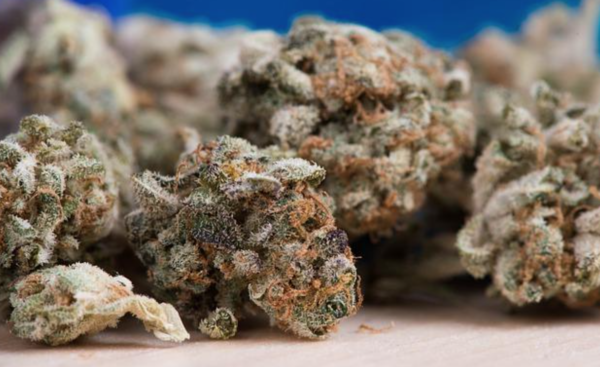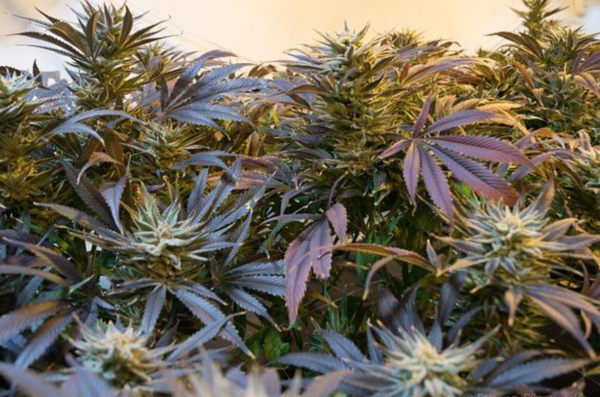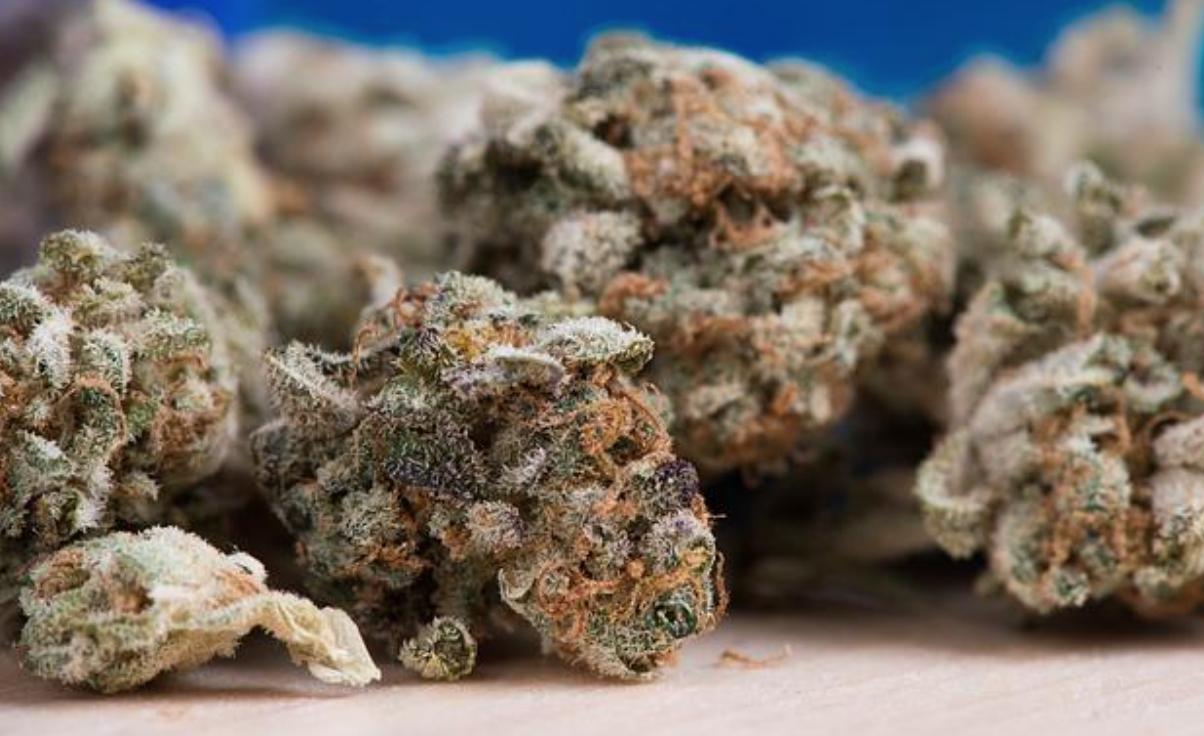THC and CBD are the two most famous cannabinoids found in the Marijuana plant (popularized as Cannabis sativa). However, the reason people are so interested in them for the last couple of years, it’s because the medical studies conducted on the subject have shown that their interaction with the CB1 and CB2 receptors has an array of positive effects on the body.
Today, we live in a world where one of the fastest growing businesses are somehow involved with cannabis. From CBD vape juice for vapers to tools for growing marijuana indoors, you can find almost everything for using or producing these two cannabinoids. Hence, if you’re still wondering what’s the difference between them, you can read this article and find out!

Copyright: https://pixabay.com/en/cannabis-marijuana-weed-pot-hemp-2150543/
Everything you need to know about THC
THC or the full name, tetrahydrocannabinol, is the psychoactive component found in cannabis, contrary to its non-psychoactive equivalent CBD, even though they have a surprisingly similar molecule structure. The simplest way to describe the difference between the two is to point out that THC is what gets you high!
That’s probably one of the main reasons, CBD is more popular in the medicinal circles than THC. CBD benefits are not limited to your physical health but CBD products such as CBD Gummies and oils have a lot to offer for your mental health too.
Nonetheless, that doesn’t mean that THC doesn’t have medicinal properties, on the contrary, patients report that it helps with pain, nausea, asthma and even anorexia nervosa.
If you’re wondering how does it work … it’s not very simple, but we’ll try to explain it. The molecules in the THC produce the same effects that the anandamide and 2-ag neurotransmitters have on the body. They regulate the sleeping and eating habits, pain awareness, and other bodily functions. The most common side effects of consuming THC are hunger, altered perception of touch, smell, sight or hearing, relaxation, and fatigue.
Recent studies have shown that THC is beneficial with conditions like:
- Side Effects of Chemotherapy
- HIV/AIDS
- Spinal injury: Lessen tremors
- Multiple sclerosis
- Nausea and vomiting
- Digestive health
- Chronic pain
- Inflammation

Copyright: https://pixabay.com/en/marijuana-cannabis-marihuana-weed-2038457/
Everything you need to know about CBD
CBD, or cannabidiol, is the famous counterpart of THC, widely accepted by the medical community and the drug industry because it has similar properties as THC. However, because it doesn’t cause a high, or more simply put, it doesn’t affect your cognitive abilities, the usage of CBD is significantly more accepted. The cannabis plant is the only plant known in the world to contain CBD. You can visit this site to learn everything about the CBD Hemp Flower and the various other CBD Products you can choose according to your needs.
An interesting fact when it comes to CBD is that if THC and CBD are used together, CBD tends to work against the effect that causes the high in the THC. This is mainly because the THC makes you sleepy and drowsy, while the CBD keeps you awake and alert. One might say that the THC keeps your mind high, while the CBD keeps your body high.
The biggest battle, however, for CBD and THC lies in the legality of the products. What we can see so far is that regulatory agencies like the Drug Enforcement Administration (DEA), have been trying hard for years to classify them as Schedule I drugs under the U.S. Controlled Substances Act, which would define them as “no currently accepted medical use and a high potential for abuse.” Hence, the sheer number of medical studies and research have more than proven that CBD and THC do have great medicinal properties.
Recent studies have shown that CBD is beneficial with conditions like:
- Depression
- Pain
- Inflammation
- Broken Bones
- Epilepsy
- Bacterial Infections
- Heart Disease
- Multiple Sclerosis (MS)
- Amyotrophic Lateral Sclerosis (ALS)
- Parkinson’s
- Schizophrenia
- Acne
- Dyskinesia
- Psoriasis
- Substance Abuse/Withdrawal
- Irritable Bowel Syndrome (IBS)
- Mad Cow Disease
- Anxiety
- Diabetes
- Rheumatoid Arthritis
- Nausea
- ADHD





